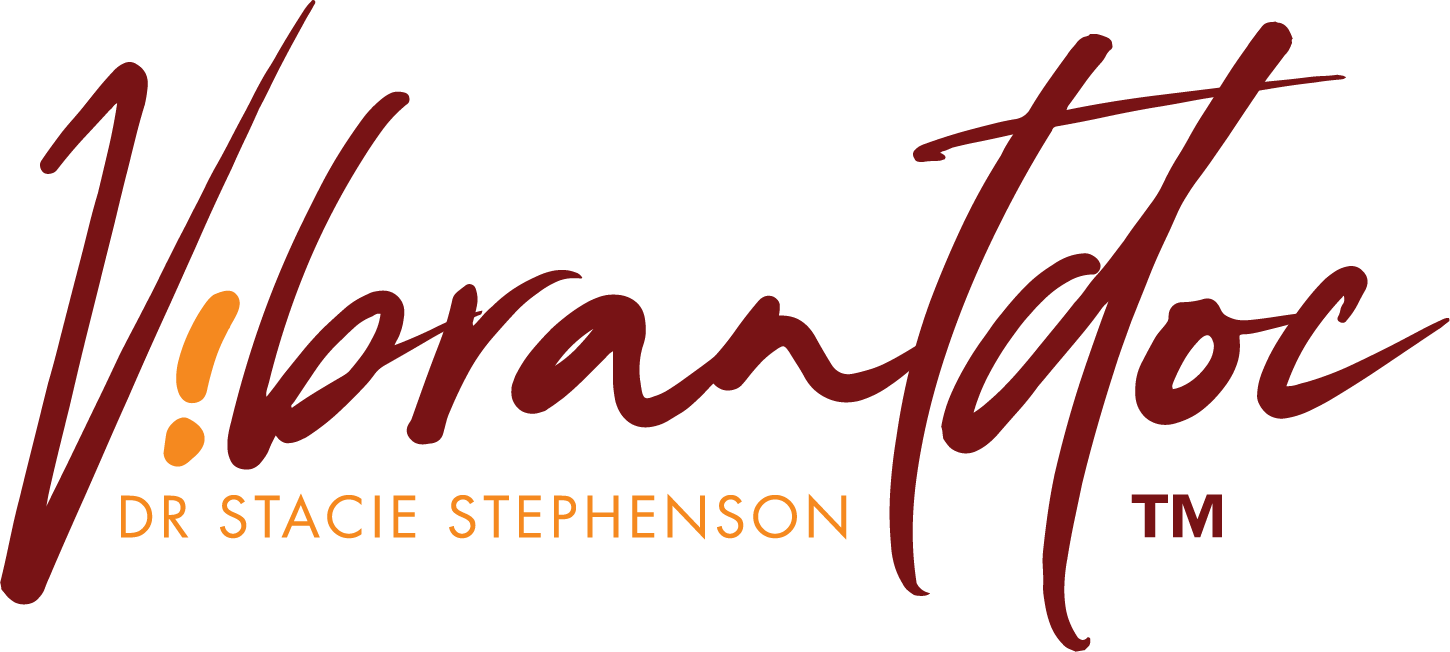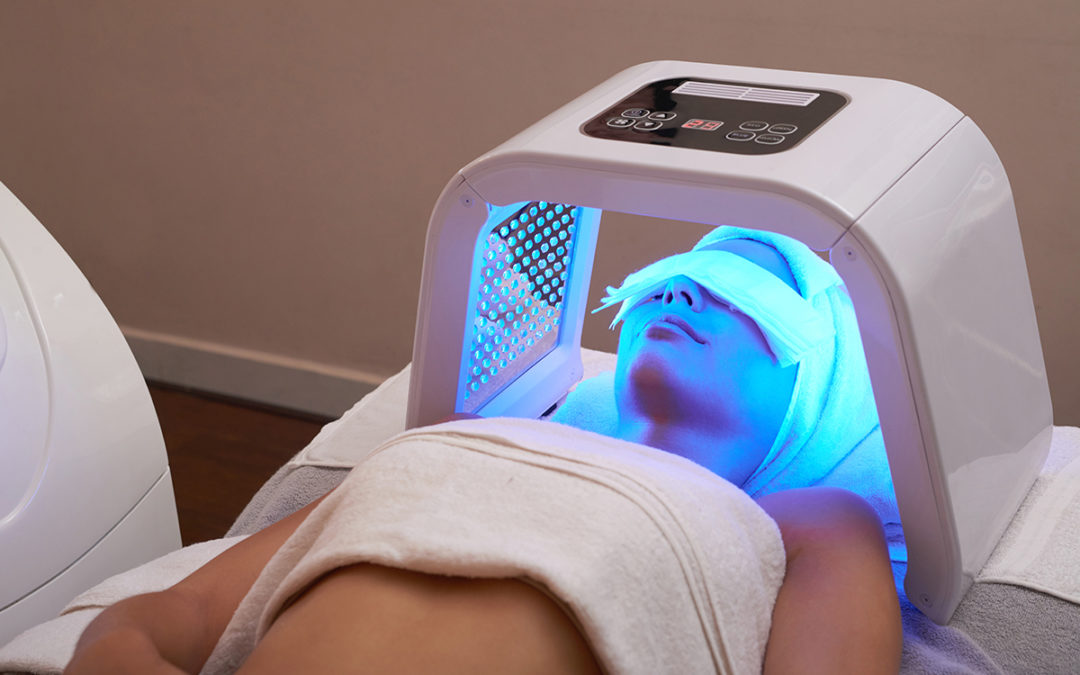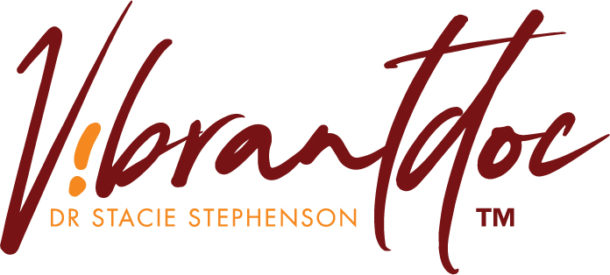You may have heard that you should avoid computer, phone, and television screens right before bed because they emit blue light that can interfere with sleep (I talk about this in more detail here. However, blue light is also used therapeutically. Does it work?
Blue Light For Acne
The most common use of blue light therapy is for acne, and it really does seem to make a visible difference. The mechanism is antibacterial in nature—blue light kills bacteria, and since some kinds of acne-causing bacteria have become resistant to antibiotics (and because some people just don’t want to take antibiotics unless they really have to), blue light is a promising treatment with few if any side effects.
Not only does blue light kill bacteria to help heal blemishes, but it also seems to have a preventive effect, killing bacteria on the skin before it can form blemishes in the first place. Multiple studies have looked at how effective blue light therapy is for acne. A 2009 study showed, through photographs, how much better acne was resolved with blue light than with red light, and the study subjects reported preferring the blue light treatment to other acne treatments.
A more recent 2021 study surveying the use of blue light in dermatology in general also concluded that blue light had anti-inflammatory effects on the skin and could be beneficial for chronic inflammatory skin diseases like eczema and psoriasis, could reduce itching, was likely useful in the treatment of acne by reducing the bacterium Propionibacterium acnes, and might even stimulate hair growth, with no UV exposure and no apparent adverse effects.
Blue Light To Alleviate Depression
Blue light may be able to do even more. A 2006 study looked at how blue light affected seasonal affective disorder (SAD) and showed that blue light exposure significantly improved depression scores and also suppressed melatonin that could add to depressive symptoms during the winter, or during periods of low light. Knowing what we know about blue light and melatonin suppression, this makes sense.
Other studies have shown that blue light therapy has potential as a treatment for depression in general, and conversely, that blue light deprivation can be a trigger for depression. However, using blue light at night could have the opposite effect, not only interfering with sleep and circadian rhythm but possibly increasing the risk of depression. If you want to try blue light as a depression or SAD therapy, do it in the morning, when your brain expects blue light, rather than at night, when it expects to see red.
You can buy inexpensive handheld blue light devices for acne, and blue light boxes or bulbs to see if they lift your mood. Let me know if this works for you!


